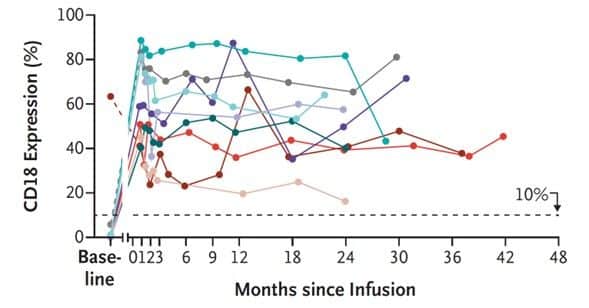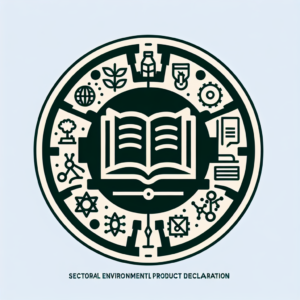Here’s the translation to American English:
—
The Jiménez Díaz Foundation Health Research Institute (FJD) has played a key role in an international study that has demonstrated the effectiveness of an innovative therapy for Type I Leukocyte Adhesion Deficiency (LAD-I). This collaboration was conducted together with the Center for Energy, Environmental, and Technological Research (CIEMAT) and the Network Biomedical Research Center for Rare Diseases (CIBERER), marking a significant advancement in the treatment of rare diseases.
The research, published in the prestigious journal The New England Journal of Medicine, underscores the FJD’s leadership in the field of global biomedical research. LAD-I is a rare and severe disease characterized by a lack of the CD18 protein, which is essential for the movement of white blood cells from the bloodstream to infected tissues. The absence of this protein places patients at risk for recurrent and potentially fatal infections, with a survival rate of less than 30% during the first three years of life without a bone marrow transplant.
In light of this alarming situation, researchers came together to develop a gene therapy capable of correcting the genetic defect present in the hematopoietic stem cells of the patients. In clinical trials conducted in the United States, the United Kingdom, and Spain, the therapy proved to be safe and effective, achieving a notable improvement in the immune function of the treated patients.
Professor Juan Bueren, co-author of the study, highlighted the importance of collaboration between different institutions to bring this therapy from the lab to the clinical setting, adding that the results are “highly promising.”
Additionally, the biotechnology company Rocket Pharmaceuticals has played a key role in this research, facilitating the transition of gene therapy from the preclinical phase to international clinical trials. This synergy between the academic sector and industry has accelerated the development of innovative treatments for rare diseases.
This advancement represents a beacon of hope for patients with LAD-I and opens the possibility of developing gene therapies for other primary immunodeficiencies, thus illustrating the transformative potential of collaborative scientific research.
via: MiMub in Spanish











